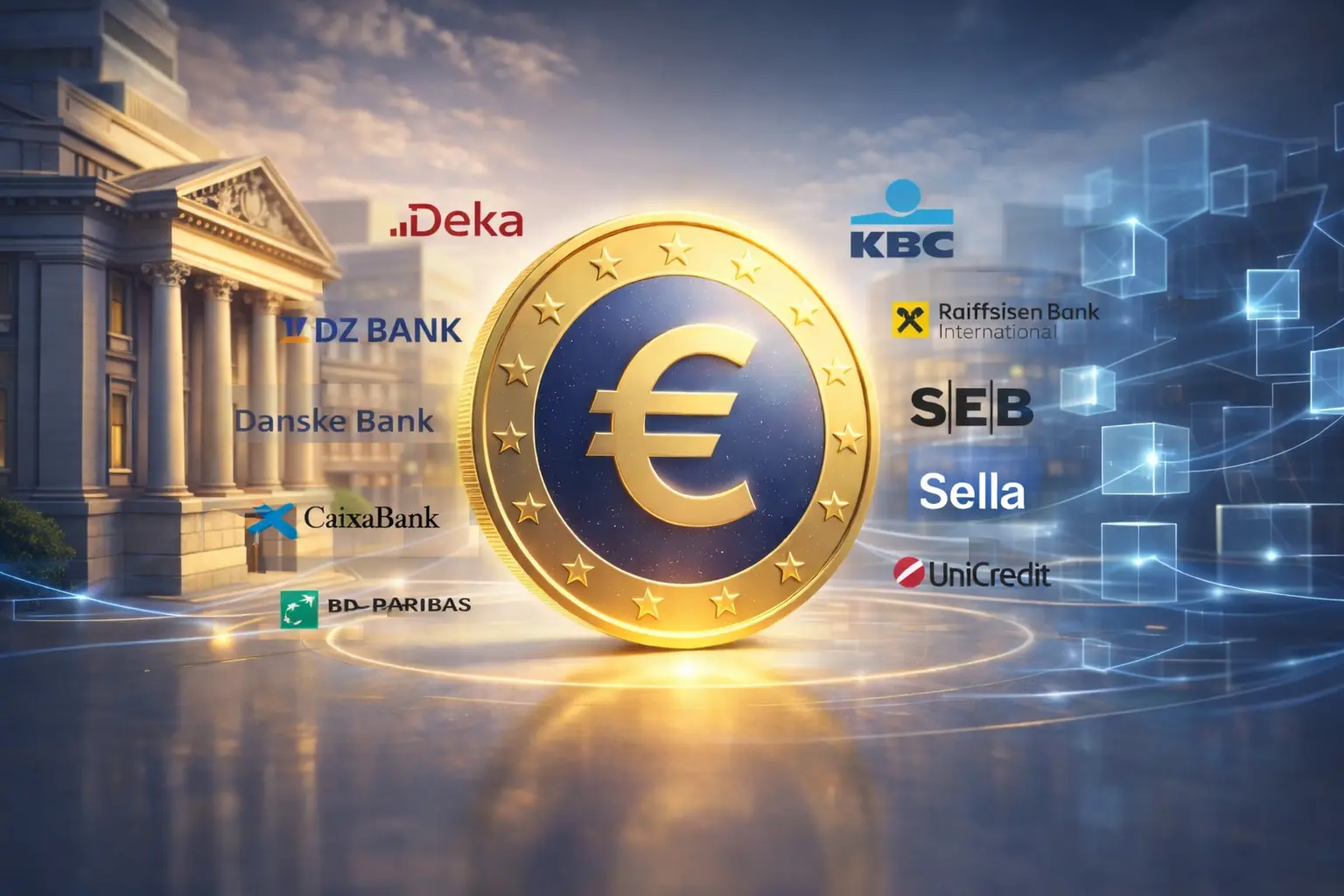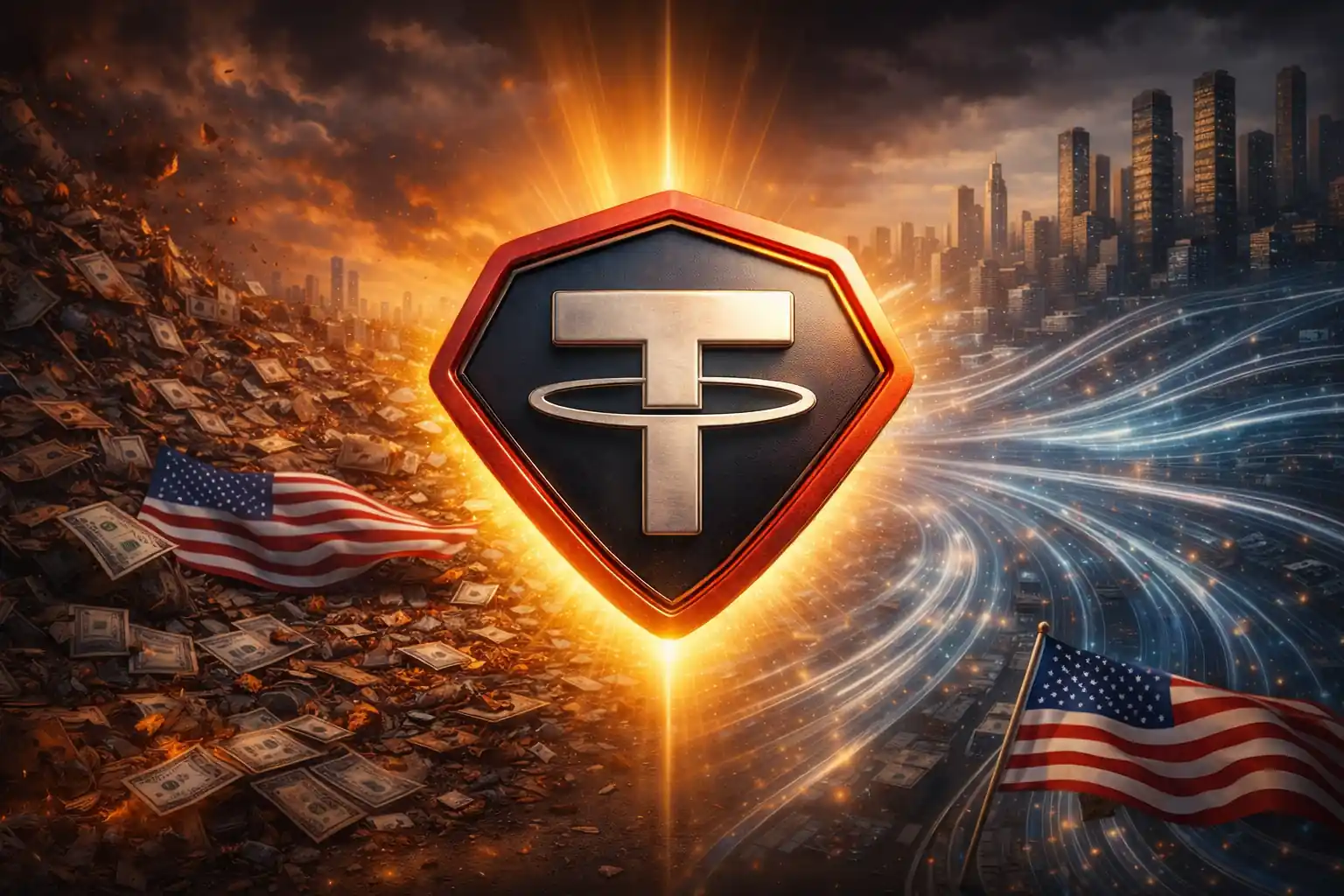According to JPMorgan, Tether may have to sell its Bitcoins to comply with new stablecoin regulations. Paolo Ardoino, CEO of Tether, addressed the issue on social media, disputing these claims.
The US is introducing new regulations for stablecoins, which include stricter compliance requirements and guaranteed reserves. Tether has already suspended operations in Europe after similar regulations, but it cannot afford to fail in the US market.
Selling Bitcoin To Survive: Will Tether Do It?
Tether, a leader in the cryptocurrency industry, has achieved extraordinary results in 2024. Despite the difficulties it faced, the stablecoin issuer posted record profits.
However, according to JPMorgan, Tether may have to sell its Bitcoins. The CEO responded firmly:
"JPMorgan analysts are jealous because they don't own Bitcoin. Tether analysts say JPMorgan does not have enough Bitcoin!"
Tether analysts say that JPM does not have enough Bitcoin
- Paolo Ardoino 🤖🍐 (@paoloardoino) February 13, 2025
JPMorgan analysts claim that new US stablecoin regulations will force Tether to liquidate its Bitcoin reserves. Currently, several bills are being debated in the Senate, many of which support requiring stablecoin issuers to hold reserves in the United States.
The bill with the greatest chance of passage is the "GENIUS Act, introduced by Tennessee Senator Bill Hagerty. According to the measure's requirements, only 83% of tether reserves would comply. Other bills, however, appear more restrictive and could result in further losses for Tether.
This highlights the imminent arrival of stablecoin regulations in the US. The bills have the support of both Federal Reserve Chairman Jerome Powell and bipartisans. If Congress and regulators want to implement these measures, it is almost certain that they will be passed.
Why Should Tether Sell Its Bitcoins?
The new regulations will change how Tether's reserves are managed. According to the proposals, the company would have to convert part of its liquid reserves into US Treasury bonds or other secured forms of investment. In other words, this regulatory framework does not fully support decentralisation.
Last December, Tether was excluded from the European market due to new rules introduced by the MiCA. However, the company could afford to lose Europe, while the US market is crucial, especially considering that several US exchanges might abandon stablecoin.
Faced with the situation, Ardoino expressed his disappointment on social media, attracting attention but also raising doubts about his strategy. Some analysts believe that Tether has avoided thorough audits in the past and that these new transparency regulations may uncover uncomfortable secrets.








